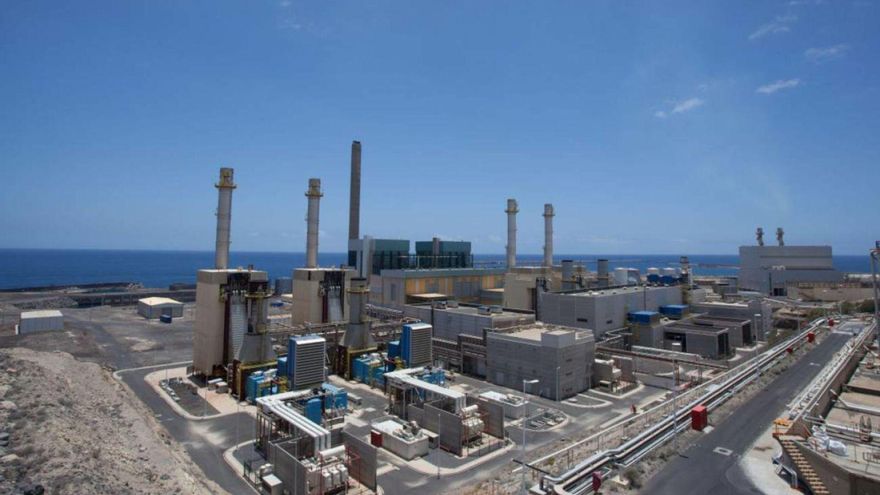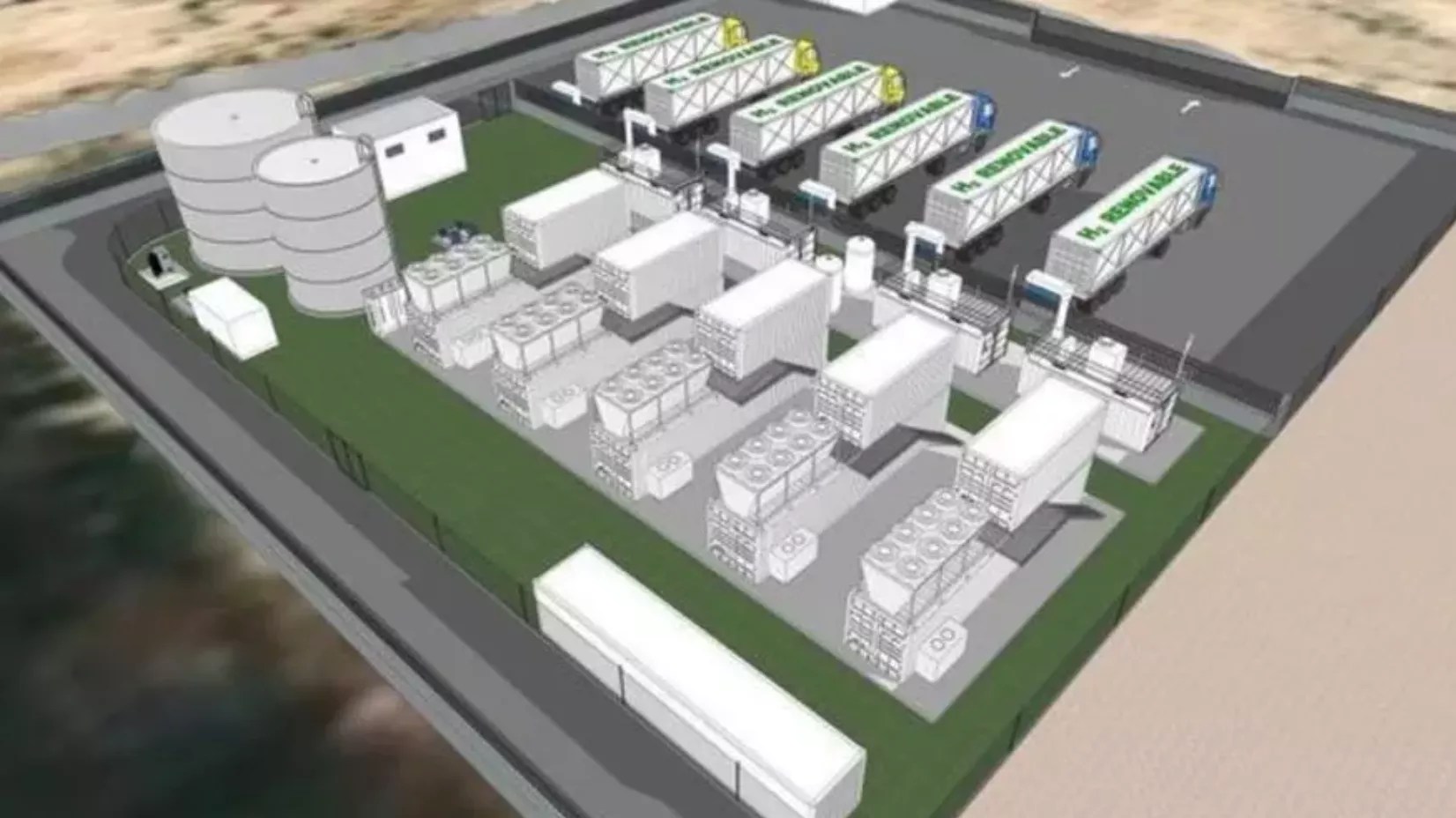
In the case of the distribution and generator company (Unelco Endesa), the approved sanction amounts specifically to 13,668,001 euros for “three very serious administrative offenses”, provided for in Law 24/2013, while in the case of the carrier (REE ), the fine will amount to 11,190,751 euros for “two very serious administrative offenses” based on the same legislative text.
Regarding Unión Eléctrica de Canarias Generación, It has been found that the failure of the autonomous starting capacity originated on September 29, 2019 “evidences the lack of technical suitability of the Granadilla Gas 1 and 2 groups”. This fact, specifies the resolution, “resulted in a reduction, without authorization, of the production capacity and supply of electrical energy.” The agreement adds that “not only was the supply guarantee put at risk, but it was a determining factor in prolonging the electricity zero that occurred longer than necessary, by conditioning the unavailability of the aforementioned groups to the supply replacement strategy. ».
In the case of Red Eléctrica de España, among other aspects, “it has become clear that the Granadilla substation did not have the protection equipment, according to the degree of criticality required in the Canarian electrical system.” This anomalous behavior of the protection system “ended up generating a voltage dip whose effects spread from the Granadilla substation to the rest of the network.” As a result, “it has been proven that REE failed to comply with its obligation to maintain its facilities in adequate technical suitability conditions.”
The competent body to sanction very serious infractions in electrical matters is the Government of the Canary Islands, as established in article 21.2 of Law 11/1997, of December 2, regulating the Electricity Sector.
The 2019 power outage affected the entire island of Tenerife and was reflected as “the biggest blackout of the decade.” On September 30, the Endesa company reported that the failure recorded the previous day had occurred “at facilities outside our company.” It had affected “the entire generation” that was operating at that time in the production plants of Granadilla de Abona (six groups totaling 253.3 megawatts located in the Polígono Industrial) and Las Caletillas, in Candelaria, (a group of 20.8 MW).
After the blackout, the Government of the Canary Islands proceeded to open a file with the two electricity companies in order to determine the existence or not of responsibilities and, where appropriate, establish the sanction. It was resolved yesterday by the Regional Government Council.
Red Eléctrica de España (REE) yesterday made public a statement with various considerations after the agreement of the Governing Council. Among them that “to be able to make an evaluation it is necessary to know it, because it has not yet been notified and there is room for appeal.” The company affirms that «the performance of the system operator in the management of the electrical zero contributed to minimize its impact, by acting in accordance with the established procedures, with strict observance of the regulations and having therefore been exempted from all responsibility in the cause and effects of zero ”.
REE claims to be “committed to improving the quality of the Canary Islands electricity transmission network.” This commitment “has already materialized in an effort of 789 million euros, both in the development of new transport infrastructures and in the renovation, improvement and maintenance of said network since 2011, when it began to manage the assets acquired from the Canary Islands transport network ».
The execution of these actions “has allowed, on the one hand, to adapt the condition of the Archipelago’s assets to the quality standards of the rest of the national territory and, on the other hand, improve the quality of service ”. He points out that “the average interruption time (TIM) has thus decreased very notably, reaching 5 minutes in 2020, from an average of 86 minutes in the five-year period prior to 2011.”
REE reiterates its “commitment to the continuous improvement of the Canarian electrical transport infrastructure and, in coordination with all the competent administrations, to continue to reinforce it with new infrastructures that increase the robustness of the electrical system.” It concludes by noting that it will provide the system “with new tools that reinforce security of supply and facilitate the integration of renewable energies and modernize the facilities currently in service.”















